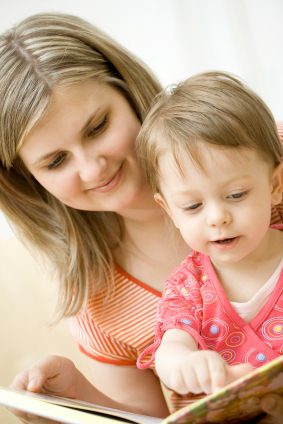Wheezing is described as a high-pitched sound that is audible when the airways are blocked or swollen. The child might wheeze due to various reasons such as milk or mucus that can linger in the throat, virus that triggers inflammation of the throat tissues or he/she is prone to asthma. Regardless of the exact cause of wheezing, breathing difficulty is a serious issue among infants and requires prompt treatment.
https://www.youtube.com/watch?v=kuJ9bB5N3wI
Consulting a doctor
The infant should be taken to a doctor or the emergency department if the wheezing is accompanied by sunken chest movements, swollen face, high fever, hives or unresponsiveness. The infant might be suffering from a severe infection or an allergic reaction that requires immediate medical care.
Medications

The wheezing of the infant can be managed with medications that are administered via a nebulizer if he/she has been diagnosed with asthma, bronchitis, respiratory syncytial virus (RSV) or other upper respiratory conditions.
A nebulizer is described as a mask-like device that administers a mist or vapor of anti-inflammatory medications via the nose and works by reducing the constriction of the airways. The doctor must prescribe the nebulizer treatment and can teach how to properly use the device.
Using a cool-must humidifier
The throat and airways of the child can be soothed with the help of cool air if the cause of wheezing is common cold, croup or other non-life threatening conditions. All you have to do is run a cool-mist humidifier in the room or bundle the infant and bring him/her outside during a cool evening. Make sure that the child is held up in an erect position to promote easier breathing without wheezing.
Regular cleaning
It is vital to regularly dust and vacuum the house if the infant experiences frequent breathing difficulty. Elimination of the potential allergens can keep the airways clear and free from swelling that leads to the production of the wheezing sound.
Considerations to bear in mind
There are cases in which pets might be the possible cause of the wheezing, but this is not usually the cause. It is important to note that infants who lived in houses that had several dogs and an increased level of endotoxins in the air are less likely to end up with wheezing than those who do not have any pets.

